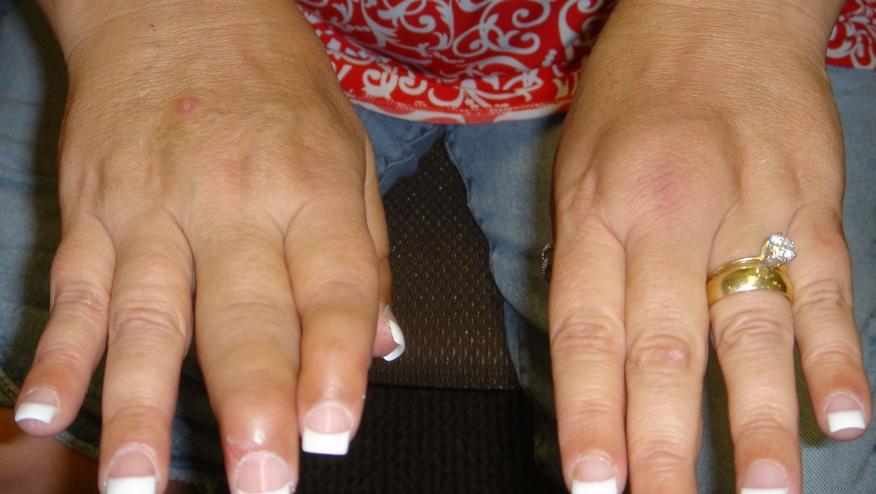Novel and Emerging Therapies in Psoriatic Arthritis Save

Recent advancements in targeted therapies, including selective inhibitors of key inflammatory pathways, offer promising outcomes for patients with active psoriatic arthritis (PsA). At ACR 2024, there have been further developments in novel therapies in PsA. Three innovative treatments: Zasocitinib, Vunakizumab, and Sonelokimab, as detailed in recent phase 2 trials, were presented at ACR 2024.
Zasocitinib (TAK-279) is a selective oral TYK2 inhibitor and has shown robust efficacy in phase 2b trials. The ACR20 response rates at week 12 were significantly higher for patients receiving 15 mg and 30 mg doses compared to placebo, regardless of baseline characteristics like body weight, sex, or prior biologic therapy use. Beyond symptomatic relief, Zasocitinib demonstrated significant improvements in remission rates and low disease activity (LDA) based on disease activity indices such as DAPSA and PASDAS. The favorable tolerability profile further supports its potential for long-term use (Abstract #2341).
Vunakizumab is a novel humanized Anti-IL-17A monoclonal antibody that demonstrated superior efficacy over placebo in reducing disease activity and improving physical function. In a randomized, double-blind trial, 59.5% of patients treated with a 240 mg dose achieved ACR20 at week 12, compared to 21.6% in the placebo group. Secondary endpoints, including ACR50, ACR70, DAS28-CRP, and PASI, also showed substantial improvements. The safety profile was favorable, with treatment-emergent adverse events comparable to placebo (Abstract #2581).
Sonelokimab is a nanobody targeting IL-17A and IL-17F. I discussed this agent during EULAR 2024 (see my previous article Camels and psoriatic arthritis - a new treatment link). Phase 2 data revealed significant improvements in ACR50 and PASI 90 responses, sustained or enhanced through 24 weeks of treatment. Additionally, multi domain endpoints, such as combined ACR70 and PASI 100, highlighted its capacity to address both joint and skin manifestations effectively. The Nanobody’s ability to penetrate inflamed tissues and its strong safety profile, with no serious adverse events, make it a promising candidate for phase 3 trials (Abstract #2582).
These novel therapies target distinct pathways implicated in PsA pathogenesis, offering tailored options for patients who may not respond to conventional treatments. Zasocitinib's oral administration appeals to patients seeking alternatives to injectables, while Vunakizumab and Sonelokimab provide new biologic options with improved efficacy and safety profiles.
The advancements in PsA treatments underscore the importance of personalized medicine in addressing this complex disease. These therapies, pending validation in larger trials, hold the potential to transform the standard of care and significantly improve patients’ quality of life. Further research is needed to establish long-term efficacy, safety, and real-world application.










If you are a health practitioner, you may Login/Register to comment.
Due to the nature of these comment forums, only health practitioners are allowed to comment at this time.